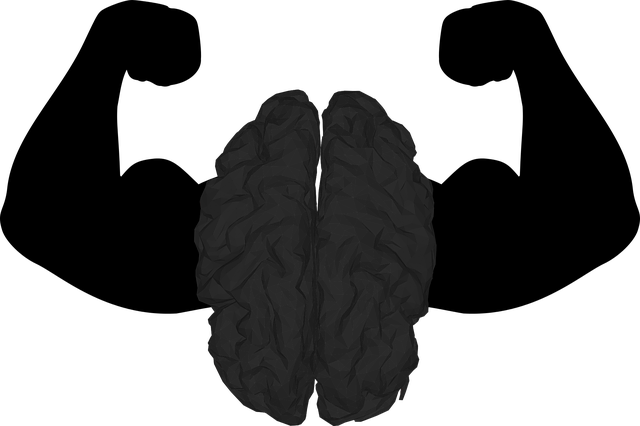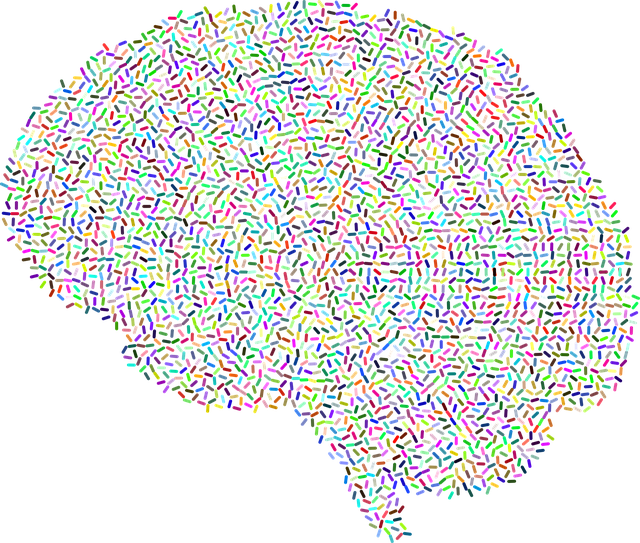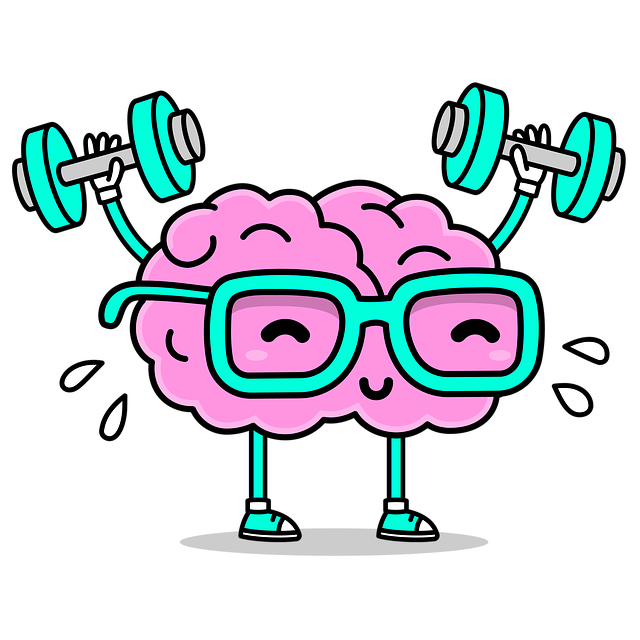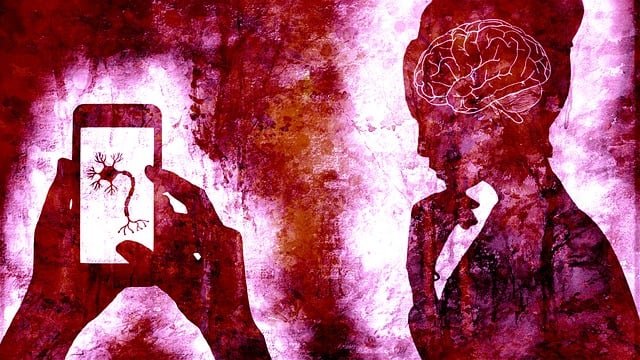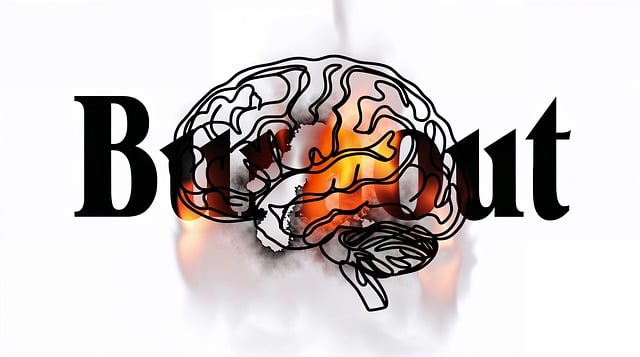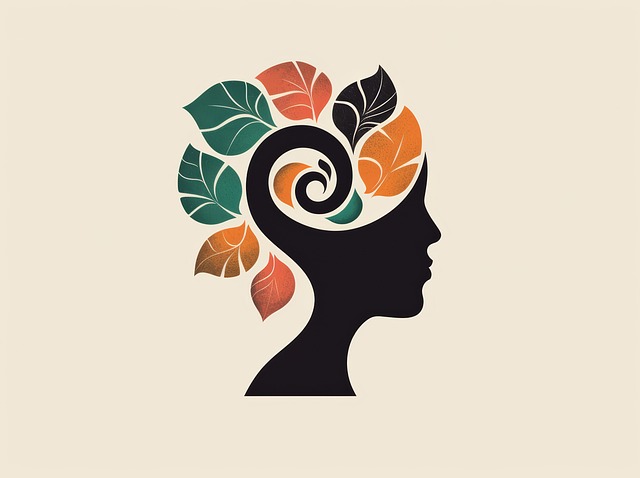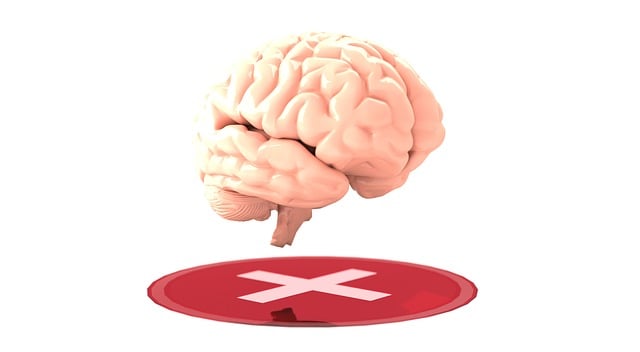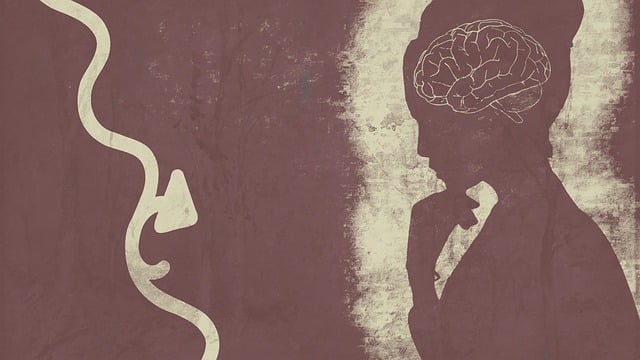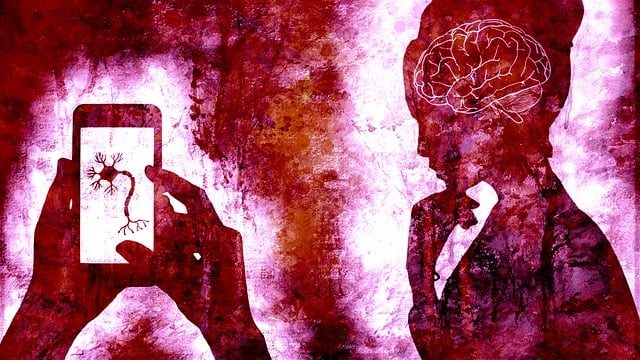Anxiety disorders greatly affect daily living, with symptoms like restlessness, fatigue, and insomnia leading to more severe conditions. Professional help, such as Lone Tree Sexual Addiction Therapy (LTSAT), offers specialized services promoting emotional regulation and well-being through evidence-based Cognitive Behavioral Therapy (CBT) and holistic approaches. Cultural competency training ensures tailored care, while stress management workshops provide support for healthy coping mechanisms. Adopting a healthy lifestyle is crucial for managing anxiety. LTSAT combines CBT with personalized risk management plans, addressing specific sexual addiction concerns while promoting healthier lifestyles. Community-based initiatives and peer support groups enhance mental wellness through safe spaces and shared strategies, ultimately improving quality of life.
Anxiety disorders are prevalent, impacting millions globally, and can significantly hinder daily life. This article explores effective anxiety management techniques to empower individuals in navigating their mental health journeys. We delve into understanding anxiety disorders, their symptoms, and impact on overall well-being. Lifestyle changes, cognitive behavioral therapy (CBT), and additional therapies offer valuable tools. For those seeking specialized support, Lone Tree Sexual Addiction Therapy provides targeted interventions, fostering recovery and improved quality of life.
- Understanding Anxiety Disorders and Their Impact
- Lifestyle Changes for Better Mental Health
- Cognitive Behavioral Therapy (CBT): A Powerful Tool
- Additional Therapies and Support Systems
Understanding Anxiety Disorders and Their Impact

Anxiety disorders are a significant concern for many individuals, often manifesting as persistent, excessive fear or worry that interferes with daily life. These disorders, such as generalized anxiety disorder (GAD), panic attacks, and social anxiety, can have profound effects on mental and physical health. Symptoms may include restlessness, fatigue, insomnia, muscle tension, and difficulty concentrating. For some, these issues escalate into more severe conditions like obsessive-compulsive disorder (OCD) or post-traumatic stress disorder (PTSD).
Seeking help from a healthcare provider is crucial for managing anxiety disorders, especially when they impact one’s ability to function in various aspects of life. Lone Tree Sexual Addiction Therapy, for instance, offers specialized services tailored to address specific concerns, promoting emotional regulation and overall well-being. Additionally, Healthcare Provider Cultural Competency Training plays a vital role in ensuring that individuals from diverse backgrounds receive culturally sensitive care, which can significantly enhance the effectiveness of anxiety management strategies. Stress Management Workshops Organization also provides resources and support, enabling individuals to develop healthy coping mechanisms and improve their quality of life.
Lifestyle Changes for Better Mental Health

Adopting a healthy lifestyle plays a pivotal role in managing anxiety and enhancing overall mental wellness. Regular physical activity, for instance, releases endorphins that act as natural mood lifters, helping to alleviate stress and promote a sense of calm. Incorporating mindfulness practices like meditation or deep breathing exercises can also significantly reduce anxiety levels by teaching individuals to stay present and focus on the here and now. Furthermore, prioritizing quality sleep is crucial; adequate rest allows the mind and body to recover from stressful events and better equip oneself to handle future challenges.
In addition to these practices, cultivating meaningful social connections and engaging in activities that bring joy can significantly boost mental health. Lone Tree Sexual Addiction Therapy, for example, recognizes the importance of addressing specific concerns while also fostering healthier relationships and lifestyles. By integrating evidence-based therapeutic techniques with a holistic approach, professionals can help individuals develop effective risk management planning tailored to their unique needs. Mental health awareness and proactive self-care are key components in navigating life’s challenges and maintaining optimal mental wellness.
Cognitive Behavioral Therapy (CBT): A Powerful Tool

Cognitive Behavioral Therapy (CBT) is a powerful tool in the arsenal against anxiety disorders. This evidence-based approach focuses on identifying and changing negative thought patterns, behaviors, and emotions that contribute to anxiety. By working with a qualified therapist, individuals can learn effective coping skills development, enabling them to manage stress more effectively. CBT has proven successful in treating various anxiety conditions, from social phobias to panic disorders, offering long-lasting benefits for mental health policy analysis and advocacy.
Lone Tree sexual addiction therapy often incorporates CBT techniques to help clients break free from cycles of compulsive behaviors. Through structured sessions, individuals gain insights into their thoughts and actions, challenging unhealthy beliefs and replacing them with more adaptive ones. This process empowers people to take control of their lives, reducing anxiety symptoms and promoting overall well-being.
Additional Therapies and Support Systems

In addition to traditional therapy approaches like cognitive-behavioral therapy (CBT), various other therapies and support systems play a crucial role in anxiety management. For instance, Lone Tree Sexual Addiction Therapy offers specialized treatment for individuals dealing with sexual addiction, integrating mental wellness practices tailored to address specific challenges unique to this demographic. This holistic approach not only aids in risk management planning for mental health professionals but also fosters healthier relationships and improved community outreach program implementations.
Community-based initiatives and support groups are another vital component of anxiety relief strategies. These programs provide a safe space for individuals to share their experiences, learn coping mechanisms from peers, and gain valuable insights into managing anxiety effectively. By combining these diverse therapies and support systems, mental health professionals can create comprehensive care plans that cater to individual needs, enhancing overall mental wellness and quality of life.
Anxiety disorders can significantly impact daily life, but with the right tools and support, management is achievable. By understanding the nature of anxiety and its effects, individuals can make informed lifestyle changes for improved mental health. Cognitive Behavioral Therapy (CBT) has proven to be an effective treatment, helping people challenge negative thought patterns and behaviors. Additionally, various therapies and support systems, such as those offered by Lone Tree Sexual Addiction Therapy, play a crucial role in the holistic approach to anxiety management. Embracing these techniques empowers individuals to take control of their mental well-being and lead more fulfilling lives.
